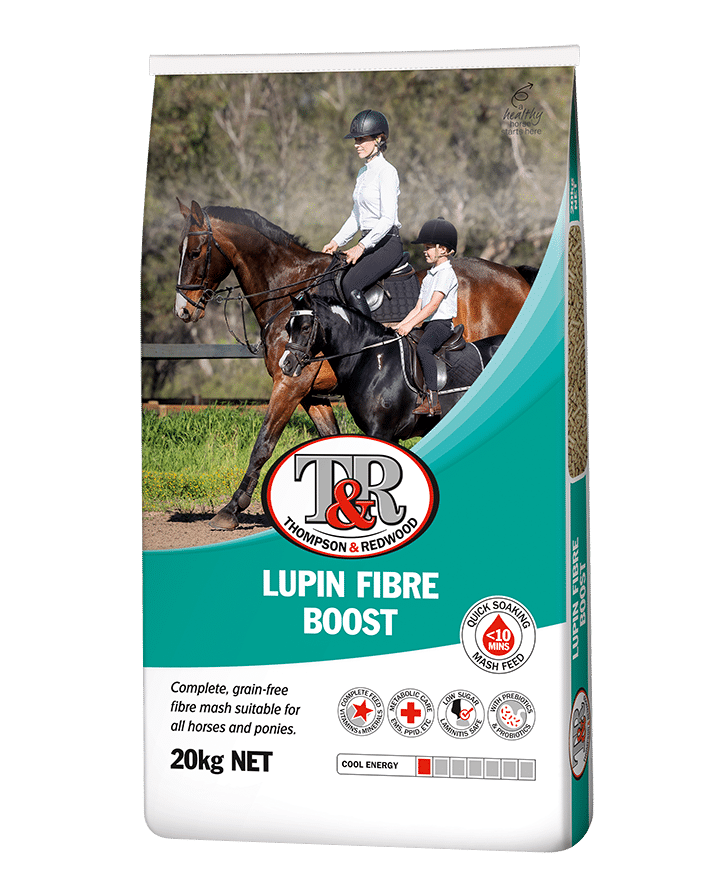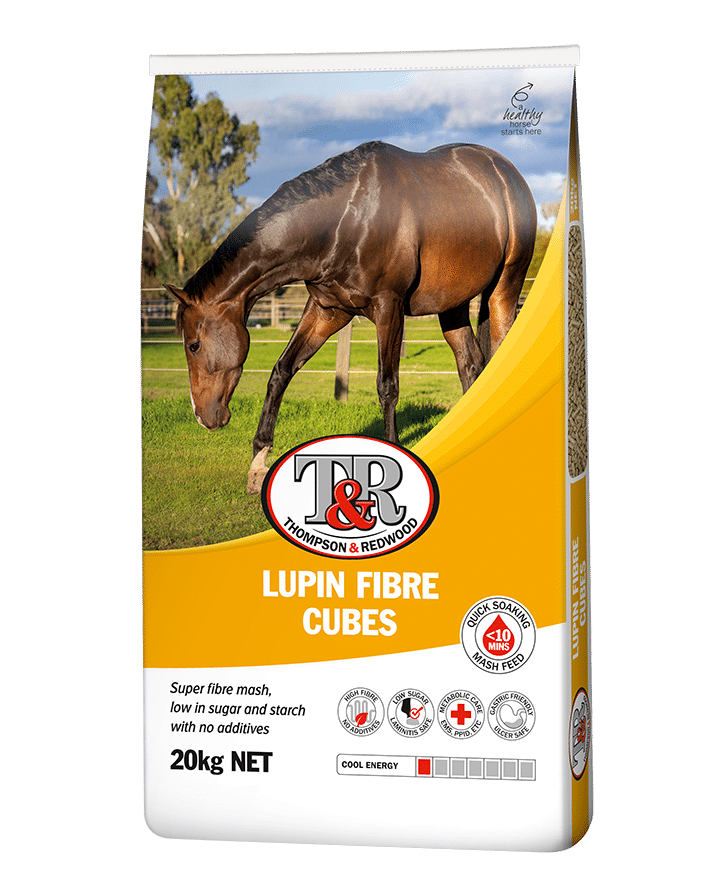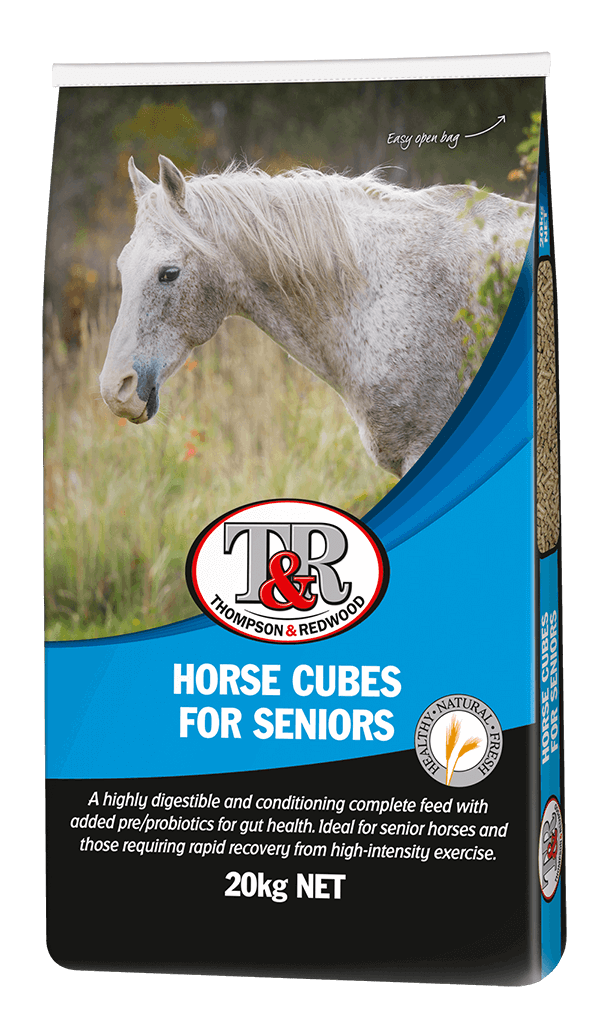25 Jul Feeding strategies to prevent choke in horses
Choke or ‘oesophageal’ obstruction in horses is when something, in most cases food or a treat, becomes stuck in their oesophagus. It’s different to choking in humans, because when we choke, something obstructs our airway or trachea which means we can’t breathe. In horses it is a blockage of the oesophagus, the pathway to the stomach, so is not immediately life-threatening, but can be fatal if left untreated.
If you suspect choke in your horse, call a vet immediately!
Some common risk factors for choke in horses are:
- Age – it is most common in older horses
- Horses with poor dentition
- Decreased chewing ability
- ‘Bolting’ down feed
- Oversized feed elements
Horses that have experienced choke, are also more likely to experience reoccurrence, and need close management.
Management strategies for choke in horses:
So, what are some feeding management strategies for reducing the risk of choke in your horse?
- Maintain good dental health with routine checks and treatment of any conditions that may impact their ability to chew.
- Choose the right feed types for your horse. For older horses or those with poor dentition or decreased chewing ability, a mash feed that is well soaked can help to reduce the risk of choke.
- If your horse has choked in the past, wetting or soaking their feed and their hay can help to reduce choke risk.
- Slow down their consumption by using shallower feed buckets to spread feed out flat and stop them taking giant mouthfuls. You can also place large rocks or a pink salt block in the bucket that they need to sift around.
- Horses can ‘bolt’ feed down when fed in a group with dominant or bossy horses around them. Separating them at fed time can help them to consume their feed in a more relaxed state.
- Make sure horses have access to fresh drinking water while they are eating.
- Be treat-wise! If feeding any treats, they should be chopped up into safe sizes. Carrots are a big culprit for causing choke and should always be cut into long thin batons before feeding.
What to feed a choke-prone horse
As mentioned above, mash feeds that can be soaked well can help to reduce the risk of choke in horses.
Our Lupin Fibre Cubes, Lupin Fibre Boost and Horse Cubes for Seniors have all been designed to soak into soft mashes that are ideal for horses with an increased choke risk, or who have choked in the past.






No Comments